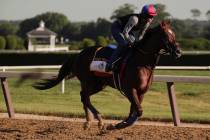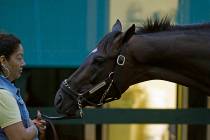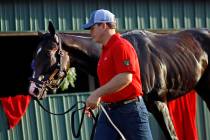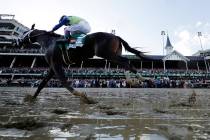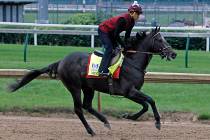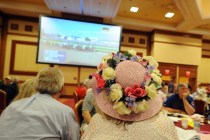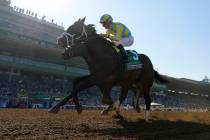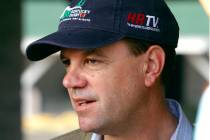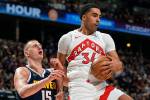Lower track takeout is beneficial to sport
Laurel Park is starting an experiment today that I hope will have long-term benefits to horseplayers. For 10 days, the Maryland track is cutting its takeout to a blended rate of 11.4 percent, easily the lowest in U.S. racing.
The last time a track tried this was Keeneland in 2001. It reduced its overall takeout to 16 percent. Reaction was swift, as nearly 20 racetracks and OTB companies refused to offer the signal. This boycott won't happen to Laurel.
Gambling is price sensitive. The casino industry has understood this better than the horse industry. Racetracks normally charge from 17 percent to 25 percent takeout on wagers, with the idea that horse bettors don't care. In fact, this pricing model spawned the rebate business, and here's why.
For example, bet-takers will typically pay a host track fee of 3 percent. The 3 percent rate began in Nevada because that's what the state charged casinos on race book handle before the start of parimutuel wagering. Smart people figured out that if the takeout was 17 percent, or more, and they were paying the track only 3 percent, there was at least 14 percent left over. If they rebated some of the 14 percent to their best players, their handle would explode. And it did.
The low Laurel rate, in essence, is making all of its bettors rebate players. Laurel gets 3 percent, the bet-takers keep 8 percent, and horseplayers get a fair shake.
Unfortunately, there is such a thing as too low a takeout. In Nevada, we cannot bet the Ellis Park pick 4, which has a tiny 4 percent takeout. If 3 percent were paid to the host track, the bet-takers would be left with only 1 percent to pay expenses. That doesn't work.
If the Laurel experiment dramatically improves their bottom line, other racetrack executives will notice. The focus should be on charging the horseplayers less so they will have bigger bankrolls to bet more. Instead, the execs want to charge bet-takers more, which will do nothing to increase overall handle.
Richard Eng's horse racing column is published Friday. He can be reached at rich_eng@hotmail.com.
RICHARD ENGMORE COLUMNS








